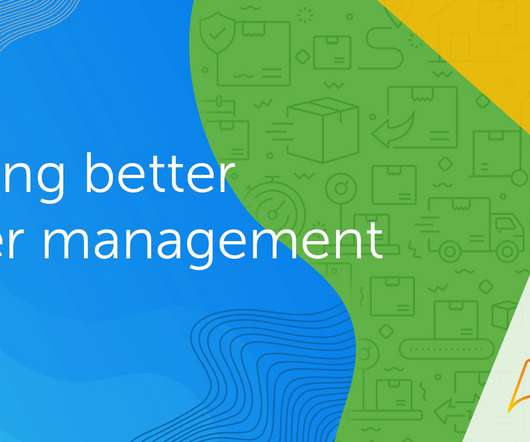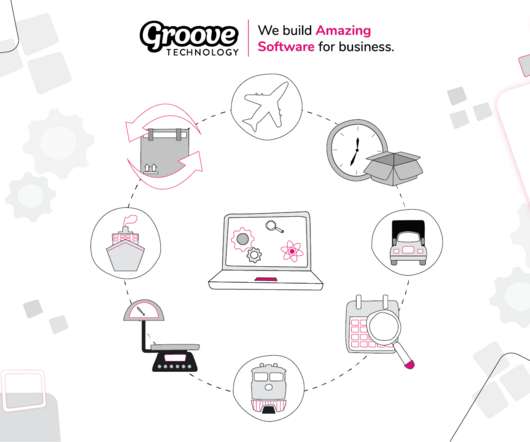Identifying Supply Chain Automation Opportunities
Automation Anywhere
DECEMBER 16, 2020
For manufacturers, top of mind is finding new ways to streamline operations. They lacked the data and transparency that an automated system would have provided. Supply chain ripe for RPA For all these reasons and more, manufacturers are turning to Robotic Process Automation (RPA). Ignore them.












Let's personalize your content